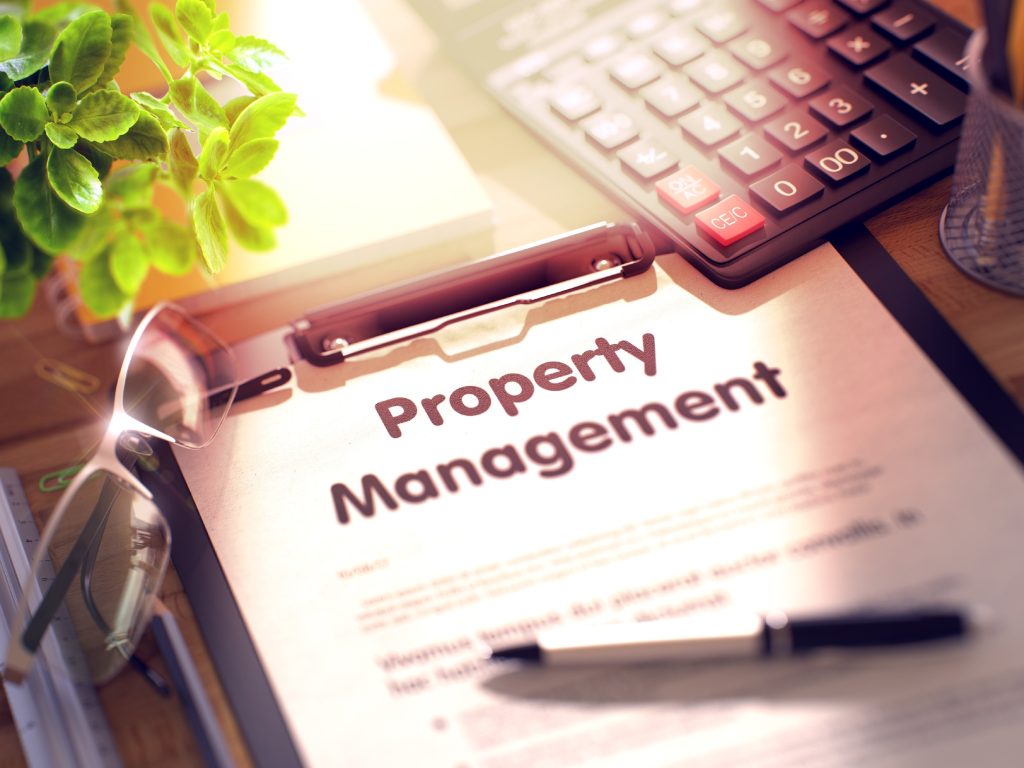Building Strong Relationships with Tenants and Landlords
Building strong relationships between tenants and property owners is paramount for fostering a positive and mutually beneficial rental experience. Such relationships not only contribute to a harmonious living environment but also enhance the overall reputation of the property and its management. Effective communication serves as the cornerstone of these relationships. Both parties should feel comfortable expressing their needs, concerns, and expectations openly and honestly. Clear and transparent communication channels, whether through regular meetings, emails, or phone calls, help prevent misunderstandings and conflicts. Property owners should proactively reach out to tenants to address any maintenance issues promptly and ensure that the property is well maintained, while tenants should promptly report any problems or repairs needed. Trust is another crucial element in building strong relationships. Property owners should demonstrate reliability by fulfilling their obligations promptly, such as addressing maintenance requests, providing necessary amenities, and respecting tenants’ privacy. Likewise, tenants should adhere to the terms of the lease agreement, pay rent on time, and notify property owners of any changes or concerns promptly.

Establishing trust creates a sense of security and stability for both parties, fostering a positive rental experience. Flexibility and empathy are essential qualities for property owners and tenants alike. Life circumstances can change unexpectedly, and both parties should be willing to accommodate reasonable requests when necessary. For example, property owners may consider adjusting lease terms or rental payments during times of financial hardship for tenants, while tenants should respect the property and its rules while understanding the siesta key property management constraints and responsibilities. Respect for each other’s rights and responsibilities are fundamental to a healthy landlord-tenant relationship. Property owners should provide tenants with quiet enjoyment of the property, ensuring that it is safe, habitable, and in compliance with housing regulations. Tenants, in turn, should respect the property, its rules, and their neighbors, maintaining cleanliness and avoiding disruptive behavior. By upholding mutual respect, both parties contribute to a positive living environment for everyone involved.
Building a sense of community within the rental property can further strengthen relationships between tenants and property owners. Organizing social events, creating common areas for interaction, and fostering a culture of inclusivity can help tenants feel more connected to their living space and each other. Property owners can also play a role in fostering community by promoting communication and cooperation among tenants and addressing any conflicts or concerns that may arise. Regular feedback and evaluation can help identify areas for improvement and ensure that both parties are satisfied with the rental arrangement. Property owners may conduct surveys or hold meetings to gather input from tenants on their satisfaction levels and any areas needing attention. Similarly, tenants should feel comfortable providing feedback on their living experience and suggesting ways to enhance it. In conclusion, building strong relationships between tenants and property owners requires open communication, trust, flexibility, respect, and a sense of community. By prioritizing these qualities, both parties can create a positive and supportive rental environment that benefits everyone involved.